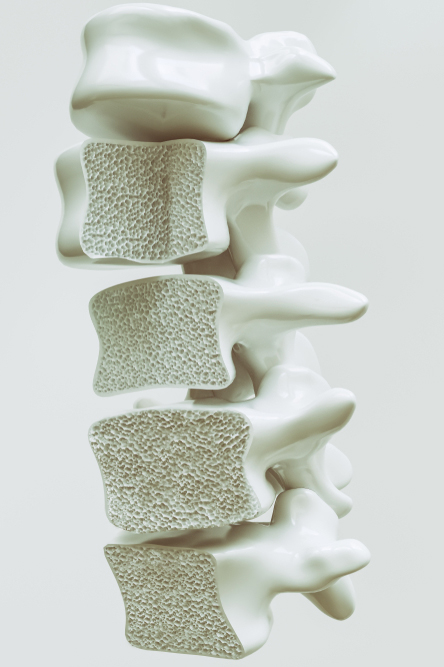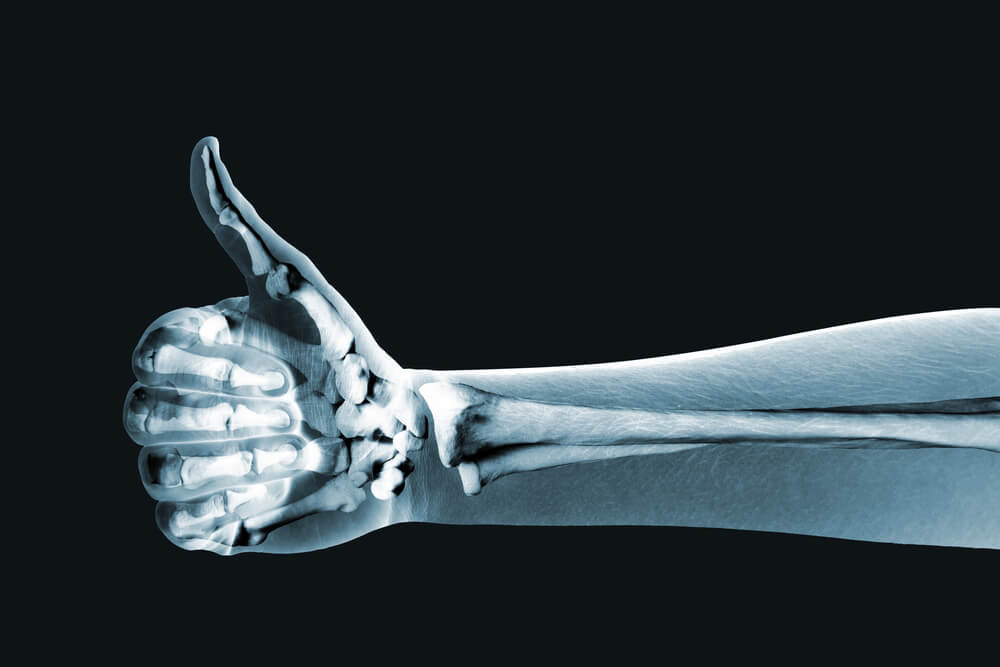In the vast landscape of natural health supplements, one ancient remedy stands out for its unique properties and potential benefits – Shilajit. This tar-like substance, sourced from the Altai Mountains, has been used for centuries in traditional medicine, prized for its rich mineral content and rejuvenating properties.
Shilajit is a complex organic mineral substance that forms over centuries from the slow decomposition of plants. It contains over 85 nutritional substances in ionic form, as well as fulvic acid and humic acid, which are known for their antioxidant and anti-inflammatory properties.
But what makes Shilajit particularly interesting is its potential to support bone health. In this blog post, we’ll delve into the science behind these potential benefits, exploring recent research and shedding light on how Shilajit might support bone health.
The journey of Shilajit begins in the high altitudes of the Altai Mountains, where it slowly forms over centuries from the decomposition of plant matter. This process, driven by the extreme temperatures and pressures of the mountain environment, results in a substance rich in minerals and beneficial compounds.
The use of Shilajit dates back to ancient times, where it was revered in traditional medicine systems like Ayurveda for its rejuvenating properties. Today, modern science is beginning to uncover the potential health benefits of Shilajit, validating many of its traditional uses and discovering new ones.
Bone health is a crucial aspect of our overall well-being. Our bones provide structure, protect organs, anchor muscles, and store calcium. Maintaining healthy bones is important to prevent osteoporosis, a condition that weakens bones and makes them prone to fractures.
As we age, our bones can become thinner and lose their density, making them weaker and more prone to fractures. This is especially true for postmenopausal women, who are at a higher risk of osteoporosis due to the rapid decrease in estrogen levels after menopause.
However, bone health is not just a concern for the elderly. It’s important to build strong bones in our younger years to prevent bone health issues later in life. This involves getting enough calcium and vitamin D, engaging in weight-bearing exercise, and avoiding unhealthy behaviors like smoking and excessive alcohol consumption.

Understanding the factors that affect bone health can help us take proactive steps to maintain strong and healthy bones. Diet, physical activity, lifestyle habits, and genetics all play a role in bone health. By understanding these factors, we can make informed decisions about our health and take steps to support our bones.
The potential benefits of Shilajit for bone health have been a subject of interest in recent years. One of the key findings in this area is the ability of Shilajit to promote the differentiation of stem cells into osteoblasts, the cells responsible for bone formation. This could potentially help in maintaining bone density and overall bone health.
In a study titled “Shilajit promotes osteoblast differentiation of human adipose-derived stem cells through the ERK/MAPK pathway in a 3D alginate scaffold”, researchers found that Shilajit significantly enhanced the differentiation of these stem cells into osteoblasts. This is a crucial process for maintaining bone health, as osteoblasts are responsible for forming new bone tissue.
But that’s not all. The study also found that Shilajit amplified the effects of another substance, known as osteogenic medium (OM), which is typically used to stimulate this very process. This suggests that Shilajit could potentially be used in combination with other substances to enhance bone formation.
In addition to these findings, the researchers also conducted a scratch wound healing assay to evaluate the effect of Shilajit on cell proliferation and movement. The results showed that the cells treated with Shilajit had a significantly higher rate of healing compared to the untreated cells. This suggests that Shilajit could potentially aid in the recovery process following bone injuries.

Furthermore, the high mineral content of Shilajit, including calcium and phosphorus, could contribute to its potential benefits for bone health. These minerals are essential for maintaining strong and healthy bones. It’s also worth noting that bone health is not just about preventing osteoporosis. Healthy bones are also important for overall physical fitness and mobility. Therefore, the potential benefits of Shilajit for bone health could have a significant impact on quality of life.
The potential benefits of Shilajit for bone health are supported by its rich mineral content and the presence of beneficial compounds like fulvic acid and humic acid. These compounds have been shown to have antioxidant and anti-inflammatory properties, which could contribute to bone health.

Where to go from here? While Shilajit holds potential benefits for bone health, it’s important to remember that everyone’s body is different. When using Shilajit for bone health, it’s also important to consider other factors that can affect bone health, such as diet, physical activity, and lifestyle habits. A balanced diet rich in calcium and vitamin D, regular weight-bearing exercise, and a healthy lifestyle can all contribute to bone health.
As research continues to uncover the benefits of Shilajit, it’s clear that this ancient remedy may have a place in modern healthcare. We are dedicated to bringing you the latest findings and developments in this exciting field.
“We hope you found this exploration of Shilajit and bone health informative and enlightening. Stay tuned for more insights into the world of natural health supplements and their potential benefits. We are committed to providing you with accurate, up-to-date information to support your health and wellness journey.”

Copyright 2024 © Mountaindrop. All rights reserved. Powered by EOSNET









